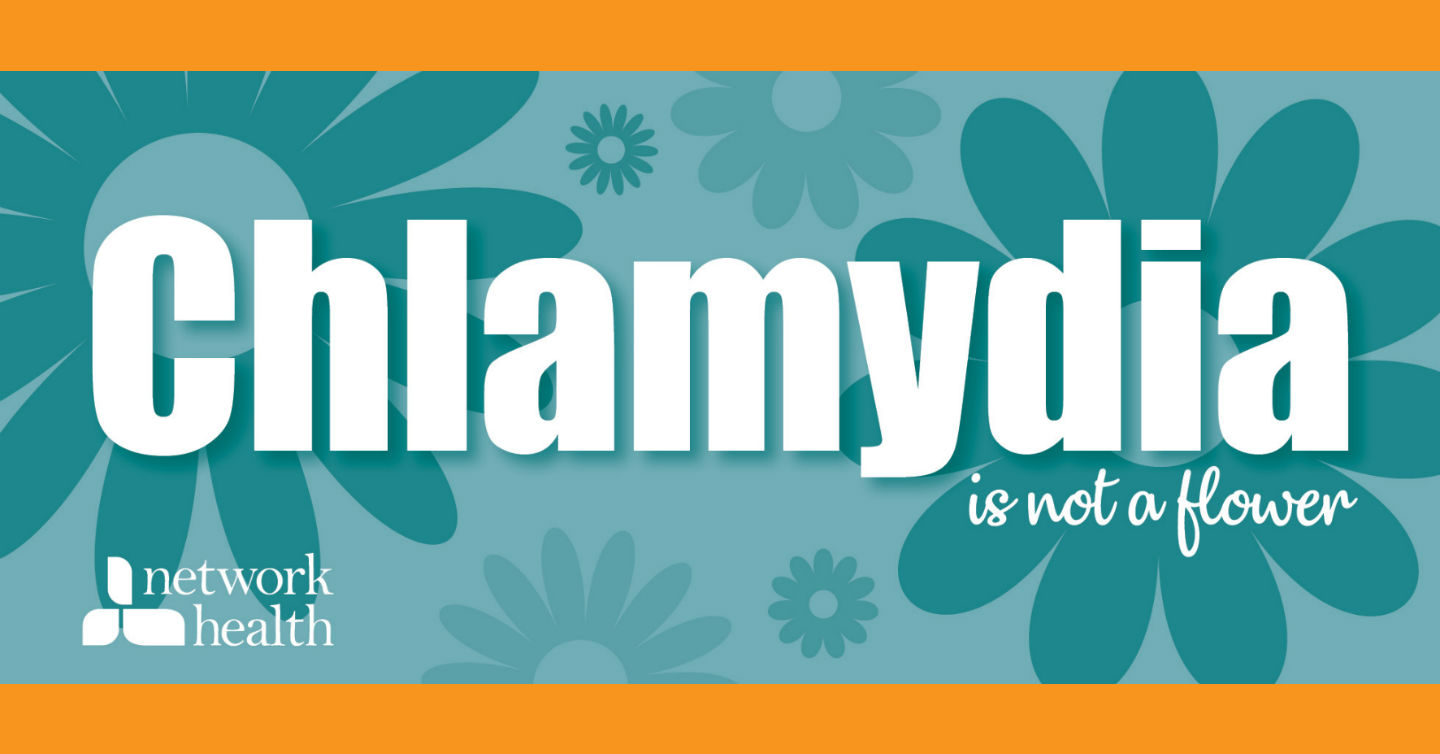Chlamydia Screening Helps Stop Spread of Disease

Chlamydia Prevention and Screenings
Chlamydia is the most common sexually transmitted disease – its numbers are higher than all types of hepatitis combined. And the disease, which often does not show symptoms, continues to rise across the nation. It can infect both men and women and can cause serious, permanent damage to a woman’s reproductive system.
How is chlamydia transmitted?
Chlamydia can be spread by having vaginal, anal or oral sex with an infected partner. Any sexually active person can become infected with chlamydia, but it’s very common among young people. It’s estimated that one in 20 sexually active young women ages 14 to 24 has chlamydia.
What are the symptoms of chlamydia?
Chlamydia usually has no symptoms, so screening is necessary to identify and treat the disease. The Centers for Disease Control and Prevention (CDC) recommends chlamydia screening of all sexually active women younger than 25 and all older women with risk factors such as new or multiple partners. Pregnant women should get screened during their first prenatal care visit. Also, homosexual men should be tested regularly.
How to reduce the risk of chlamydia
As with other sexually transmitted diseases, there are ways to reduce your risk of chlamydia.
- Abstain from sexual contact
- Be monogamous with your partner
- Use condoms consistently and correctly
- Get regular STD screenings and seek appropriate treatment if necessary
Get more information
- Talk to your personal doctor
- Chlamydia 101
- CDC – Chlamydia Information



